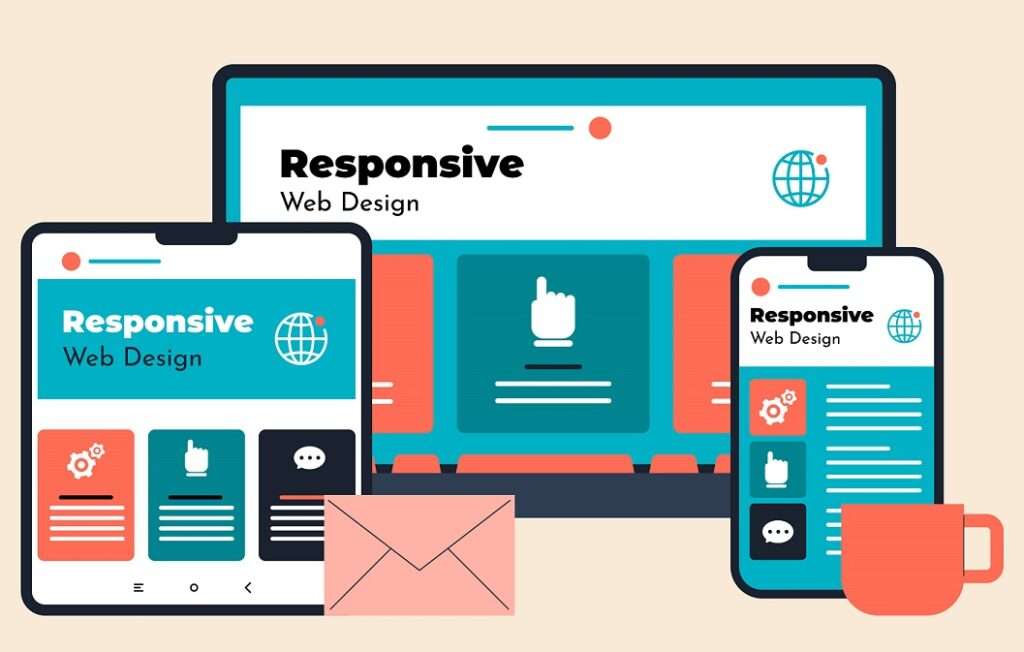Marketing is undergoing a major transition in today’s rapidly expanding digital landscape. Businesses must adjust their marketing tactics to be relevant and competitive as technology advances and customer behaviors shift. In this blog post, we’ll delve into the exciting future of digital marketing, investigating emerging trends that are transforming how brands communicate with their audiences.

1. Artificial Intelligence and Machine Learning: Revolutionizing Personalization
In digital marketing, artificial intelligence (AI) and machine learning (ML) have emerged as game changers. These technologies enable marketers to analyze massive amounts of data, gaining deep insights into consumer preferences and behaviors. AI-driven algorithms can anticipate consumer needs and deliver personalized content, recommendations, and offers. Chatbots, powered by AI, provide real-time interactions and exceptional customer service, enhancing the user experience across websites and social media platforms.
2. Voice Search Optimization: Conversations Redefining Search
The rise of voice-enabled devices and virtual assistants has ignited a shift in search behavior. Voice search is becoming increasingly popular, with users adopting a more conversational tone in their queries. Marketers need to optimize their content for voice search by understanding natural language patterns and incorporating long-tail keywords. Voice-optimized content, from blog posts to FAQs, ensures brands remain accessible in this voice-driven era.
3. Video Marketing Dominance: Engaging Audiences with Visual Storytelling
Video content continues to dominate the digital landscape, capturing audience attention and fostering engagement. Consumption of video material on sites such as YouTube, TikTok, and Instagram is increasing. Brands are investing in high-quality, attractive video content that delivers a compelling story to capitalize on this trend. Live streaming, interactive films, and behind-the-scenes peeks allow for a true relationship with audiences, which builds trust and loyalty.
4. Augmented Reality (AR) and Virtual Reality (VR): Immersive Experiences
AR and VR technologies are transforming the way consumers interact with brands. AR overlays digital information onto the real world, offering interactive experiences through mobile devices. VR, on the other hand, immerses users in virtual environments, opening new avenues for branded experiences, product demonstrations, and virtual showrooms. Marketers can leverage AR and VR to create memorable interactions that leave a lasting impact.
5. Social Commerce: Seamlessly Integrating Shopping and Social Media
Social media platforms are evolving beyond mere engagement channels; they’re becoming integrated shopping destinations. Social commerce enables users to discover, explore, and purchase products directly from platforms like Instagram, Facebook, and Pinterest. Brands can optimize their social media presence by incorporating shoppable posts, interactive ads, and seamless checkout experiences, streamlining the path from discovery to purchase.
6. Data Privacy and Ethical Marketing: Building Trust in the Digital Age
As data breaches and privacy concerns gain prominence, consumers are demanding more transparent and ethical practices from businesses. Marketers must prioritize data privacy, adhere to regulations like GDPR, and communicate their commitment to responsible data handling. Building trust through ethical marketing practices enhances brand credibility and fosters long-term relationships with customers.
7. Hyper-Personalization and Predictive Analytics: Anticipating Needs
Hyper-personalization goes beyond surface-level personalization; it involves crafting tailored experiences that deeply resonate with individual consumers. Predictive analytics leverage historical data to anticipate future behaviors and preferences, allowing marketers to create highly relevant content and offers. By leveraging predictive analytics, brands can deliver timely messages that align with consumer needs, fostering stronger connections and increasing conversions.
8. Blockchain Technology: Transforming Transparency and Security
Blockchain technology is making waves in the digital marketing landscape by enhancing transparency and security. It enables secure transactions, prevents ad fraud, and ensures accurate tracking of digital assets. Smart contracts streamline agreements and payments between advertisers, publishers, and influencers, minimizing disputes and optimizing campaign management.
In conclusion, the future of digital marketing is a landscape where technology and consumer behavior intersect, giving rise to innovative strategies and unprecedented opportunities. Embracing AI, voice search, video marketing, AR, VR, social commerce, data privacy, hyper-personalization, predictive analytics, and blockchain technology will empower brands to connect, engage, and thrive in this dynamic digital era. As businesses evolve alongside these trends, they’ll be better equipped to create meaningful experiences that resonate with audiences and drive long-term success.


